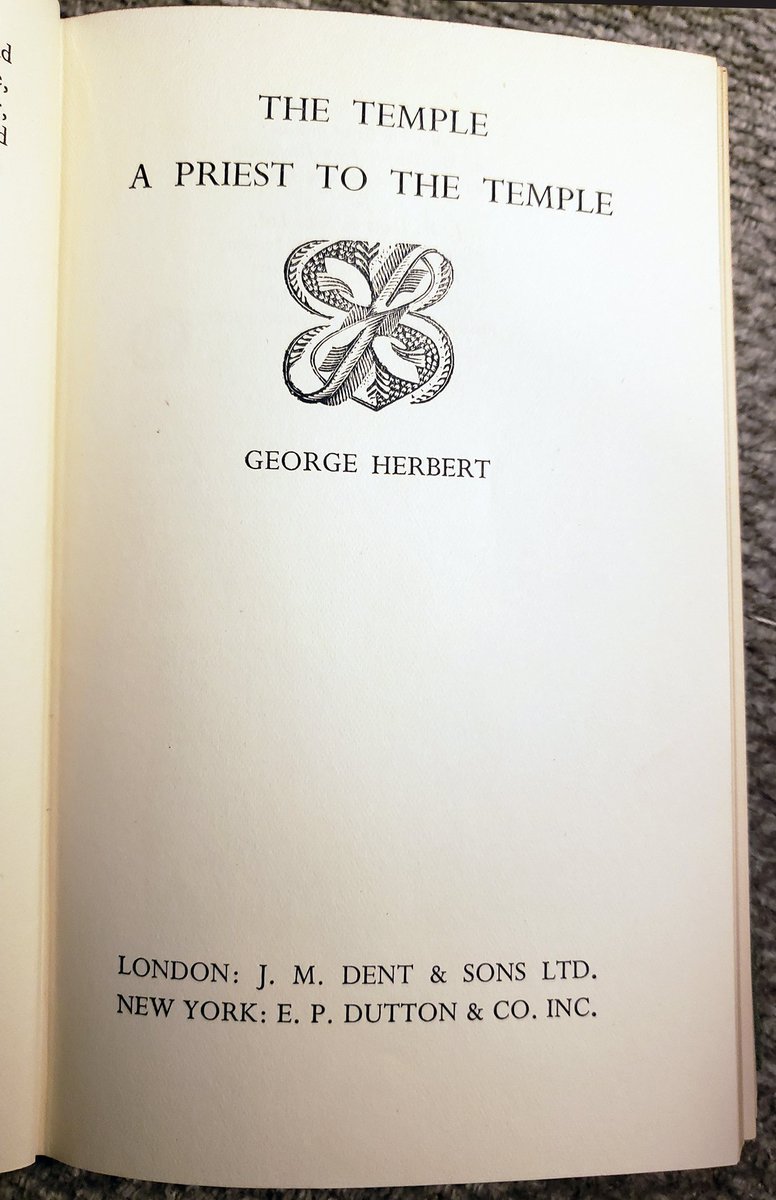
Communications Manager for the International Lutheran Council (@LutheranCouncil) and Editor of LCC's synodical magazine The Canadian Lutheran.
How to get URL link on X (Twitter) App


 In Greco-Roman religion, following even the revealed will of the gods was no guarantee of success because what one god willed a greater might oppose. So Hera stirs up the Latins & Rutulians against Aeneas, but she is opposed by Jove, who has promised Italy to the Trojan remnant.
In Greco-Roman religion, following even the revealed will of the gods was no guarantee of success because what one god willed a greater might oppose. So Hera stirs up the Latins & Rutulians against Aeneas, but she is opposed by Jove, who has promised Italy to the Trojan remnant.

 "Much of what we learn about human nature and human life comes from gradually working our way into a tradition of thought and learning from predecessors within it, especially those who are acknowledged masters.
"Much of what we learn about human nature and human life comes from gradually working our way into a tradition of thought and learning from predecessors within it, especially those who are acknowledged masters.

 It anticipates an unfulfilled longing for rest, and it invites one to turn, as Augustine eventually did, to “the food that is incorruptible” (Conf. 3.1)....
It anticipates an unfulfilled longing for rest, and it invites one to turn, as Augustine eventually did, to “the food that is incorruptible” (Conf. 3.1)....

 Partway through his lecture, the guest speaker directly asked me to defend my work. But dream-me couldn’t even remember what I’d written in the article, which made the whole situation all the more stressful.
Partway through his lecture, the guest speaker directly asked me to defend my work. But dream-me couldn’t even remember what I’d written in the article, which made the whole situation all the more stressful.


 In his final sermon, Donne counselled his listeners to remember that "unto God the Lord belong the issues of death" (Ps. 68:20). To that end, he concludes by commending his listeners to the mercies of Christ, in whom we find our final deliverance:
In his final sermon, Donne counselled his listeners to remember that "unto God the Lord belong the issues of death" (Ps. 68:20). To that end, he concludes by commending his listeners to the mercies of Christ, in whom we find our final deliverance:


 I will not let Thee go; should I forsake my bliss?
I will not let Thee go; should I forsake my bliss?
 The same goes for those who have to self-isolate due to sickness and those staying home from services because they are at greater risk if they contract COVID-19. Get these people hymnals. And make sure they have a Bible at home that they can easily understand.
The same goes for those who have to self-isolate due to sickness and those staying home from services because they are at greater risk if they contract COVID-19. Get these people hymnals. And make sure they have a Bible at home that they can easily understand.

 ...first, that we, being planted by Baptism into the death of Christ are also buried with Him into death, namely that the power and efficacy of the death of Christ not only forgives us sins, but also begins to crucify, mortify, and...
...first, that we, being planted by Baptism into the death of Christ are also buried with Him into death, namely that the power and efficacy of the death of Christ not only forgives us sins, but also begins to crucify, mortify, and...



 For Herbert, the deepest beauty is that of God and His love. This book of verse runs the gamut of Christian faith and experience, its griefs as much as (or more than) its joys.
For Herbert, the deepest beauty is that of God and His love. This book of verse runs the gamut of Christian faith and experience, its griefs as much as (or more than) its joys.

 You can download my full 31-page analysis of plagiarism in this speech—which was entitled “The Decree on Ecumenism: 50 Years Later”—and documentation of it sources here: dropbox.com/s/k9v7ocv3hbb8…
You can download my full 31-page analysis of plagiarism in this speech—which was entitled “The Decree on Ecumenism: 50 Years Later”—and documentation of it sources here: dropbox.com/s/k9v7ocv3hbb8…

 A full rundown on the plagiarism and its sources can be seen here: dropbox.com/s/ri4ie98mtc73…
A full rundown on the plagiarism and its sources can be seen here: dropbox.com/s/ri4ie98mtc73…

 He dismisses historic Catholic caricatures of Luther, noting that the contemporary academic Catholic assessment of Luther is that he “rediscovered something that was primordially Catholic.”
He dismisses historic Catholic caricatures of Luther, noting that the contemporary academic Catholic assessment of Luther is that he “rediscovered something that was primordially Catholic.”

 Carmen Acevedo Butcher’s translation brings Ælfric’s words into clear, simple English (a reflection of the monk’s own preoccupation with bringing the Word of God into readily understood prose).
Carmen Acevedo Butcher’s translation brings Ælfric’s words into clear, simple English (a reflection of the monk’s own preoccupation with bringing the Word of God into readily understood prose).
